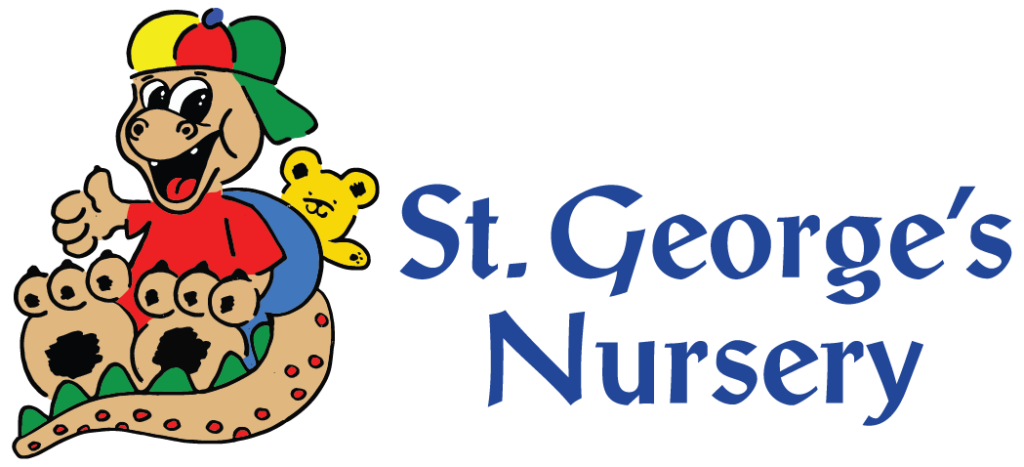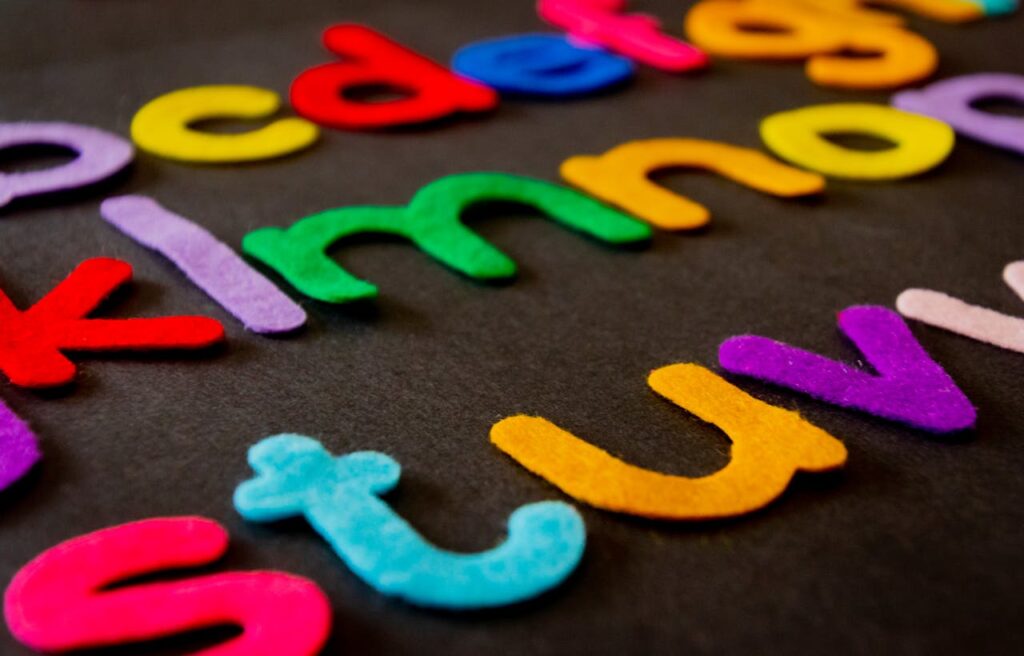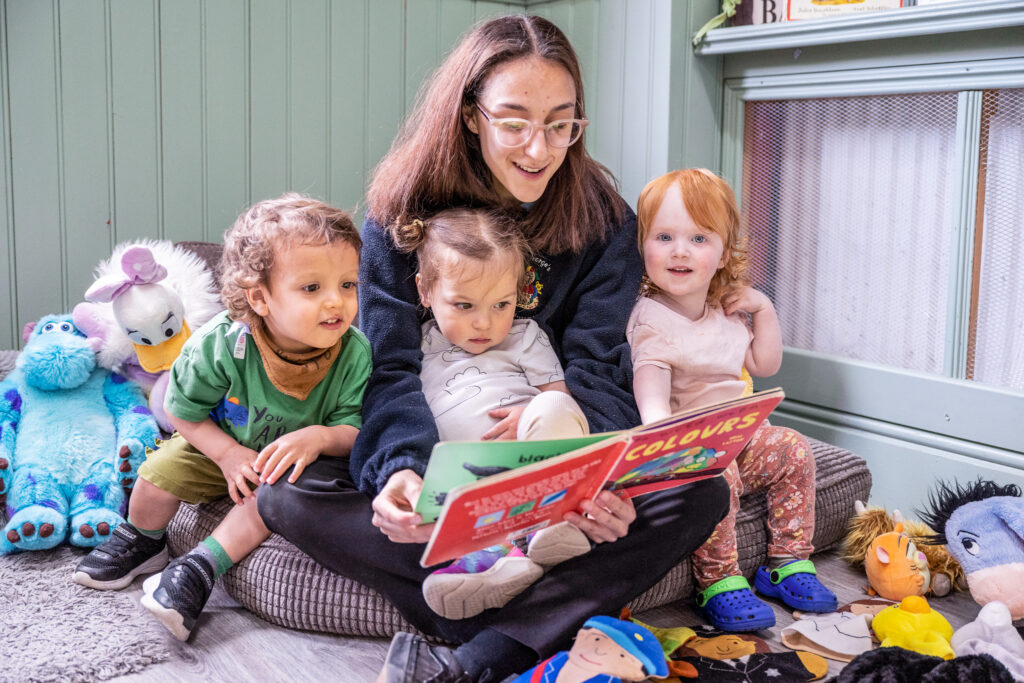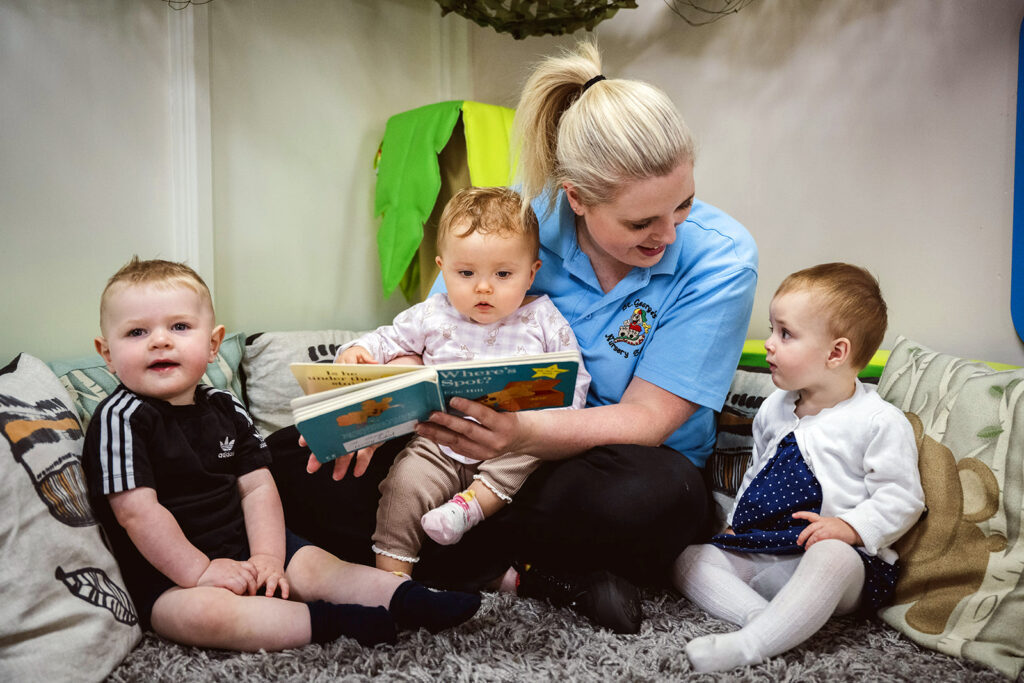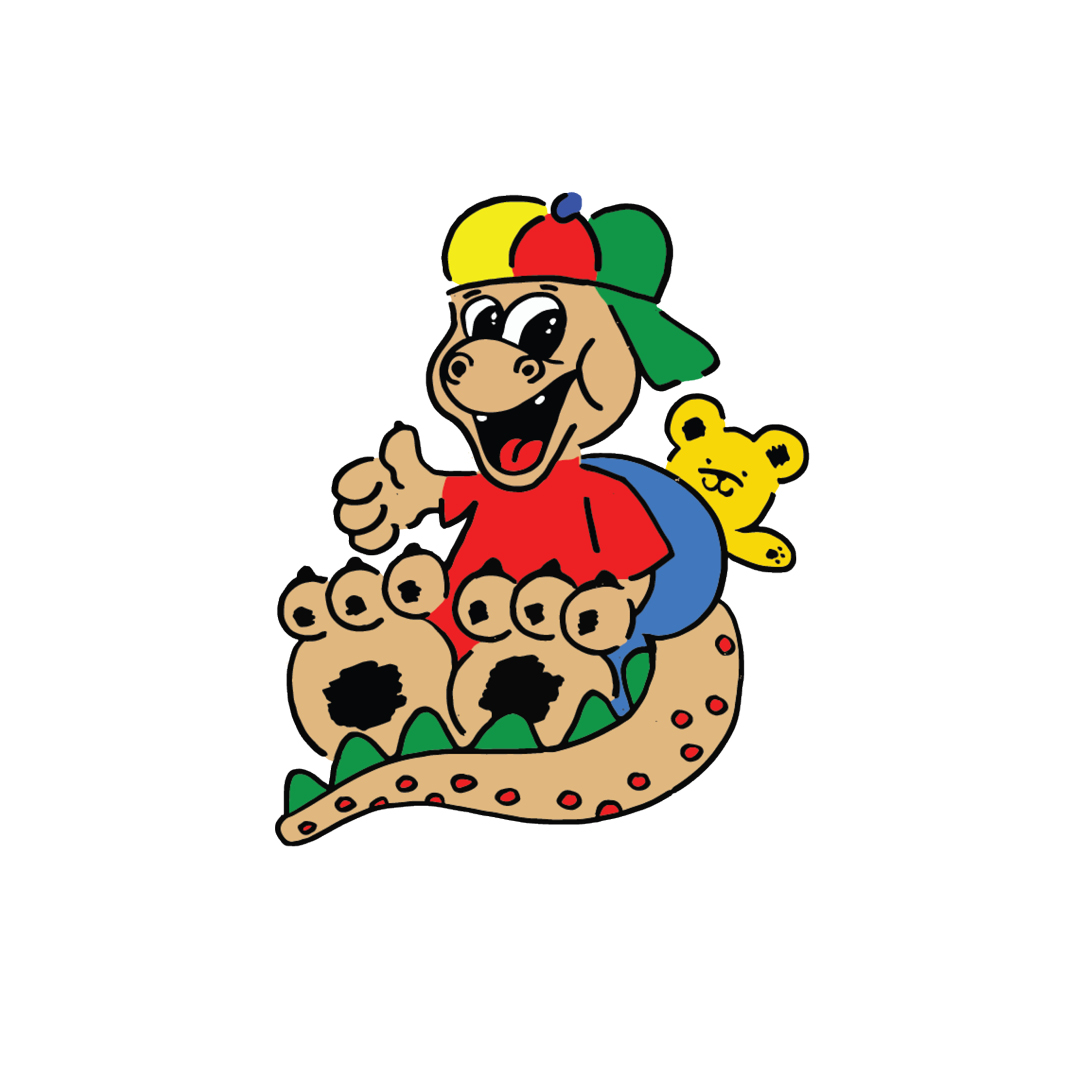What is Self-Regulation?
It is the ability that allows people to recognise and manage their emotions, energy states, behaviours and body movements, particularly when faced with a difficult situation. It also enables people to remain focused and avoid acting impulsively in emotional situations.
Why is it important?
Children who struggle with self-regulation find it difficult calm down when they become upset. They have a hard time being flexible when situations change. Distress builds up in many children which in turn leads frustrated behavioural outbursts. This lack of ability to regulate one’s own emotions can often lead to emotional difficulties later on in life.
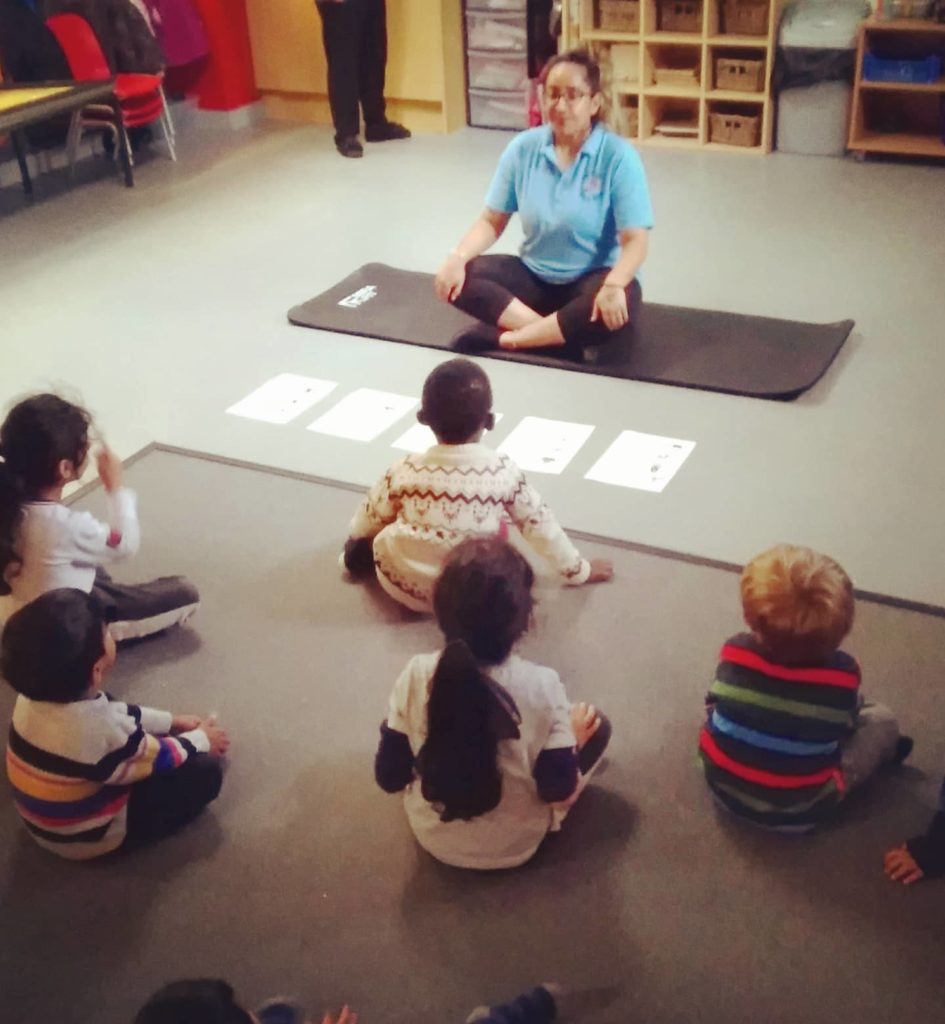
How can we help?
Self-regulation is not a skill that we are born with but develops over time. We can help children learn this through co-regulation.
Adults can help children to feel emotionally and physically safe. We need to share our calmness and model coping strategies, not add fuel to their fiery feelings. We can help children at this age learn about their feelings and emotions and how to express them verbally rather than physically. It is important to stick to any ‘rules’ and be consistent at this stage of development.
Over time, with our nurturing, understanding, help and support, young children will gain more understanding, skills and control. This enables them to take over the reins and to self soothe when they are upset or calm down when they are over-excited.
As children get older their emotional behaviour, communication skills, patience and independence skills mature. They will have learned what they like and dislike, and hopefully some strategies to help them to stay calm and cope. These skills will also help them to interact with others, build friendships, share ideas and experiences with other children and adults.
Self-regulation strategies & activities to try at home…
- Practise taking turns: You could use a kitchen timer to help siblings take turns. The timer provides a concrete cue of “time.” Concepts like time and sharing are abstract for children. Over time, children will initiate taking turns on their own without a timer.
- Waiting: You could suggest a song to sing, play I-spy, tell a story. Distraction in creative endeavours is a great regulation strategy.
- Breathing Through Emotions: Breathing is our built-in all-natural regulator. Deep breathing helps lower sympathetic nervous system responses. Ask your child to pretend they are blowing bubbles and only a long, slow breath will make a big bubble. Too fast and quick and the bubble will pop.
- Venting Emotions: When emotions are big you can help your child vent and release. Stomp like a dinosaur, roar like a lion, give yourself a big hug.
- Playing games such as Jenga: For example, this stacking game requires a steady hand and careful planning of movements. The frustration of losing is softened by the fun of seeing the tower fall, so it’s an especially good one to use to help turn a sore loser into a good sport.

The improvement of self regulation from a young age, benefits their emotional, social, behavioural and academic development. Children who can cope with stress and anger are able to focus more at school and at home. The more they practice self regulation, the more they will be able to adapt to change. This will benefit them as they will be more open to developing new skills as they learn to handle the stress of a new situation.
Self regulation is a brain based skill that improves a child’s cognitive development. As a result of this, the more they practice, the more they can achieve academically.
